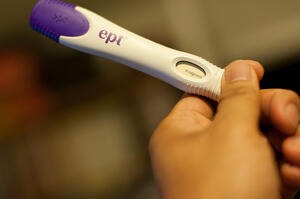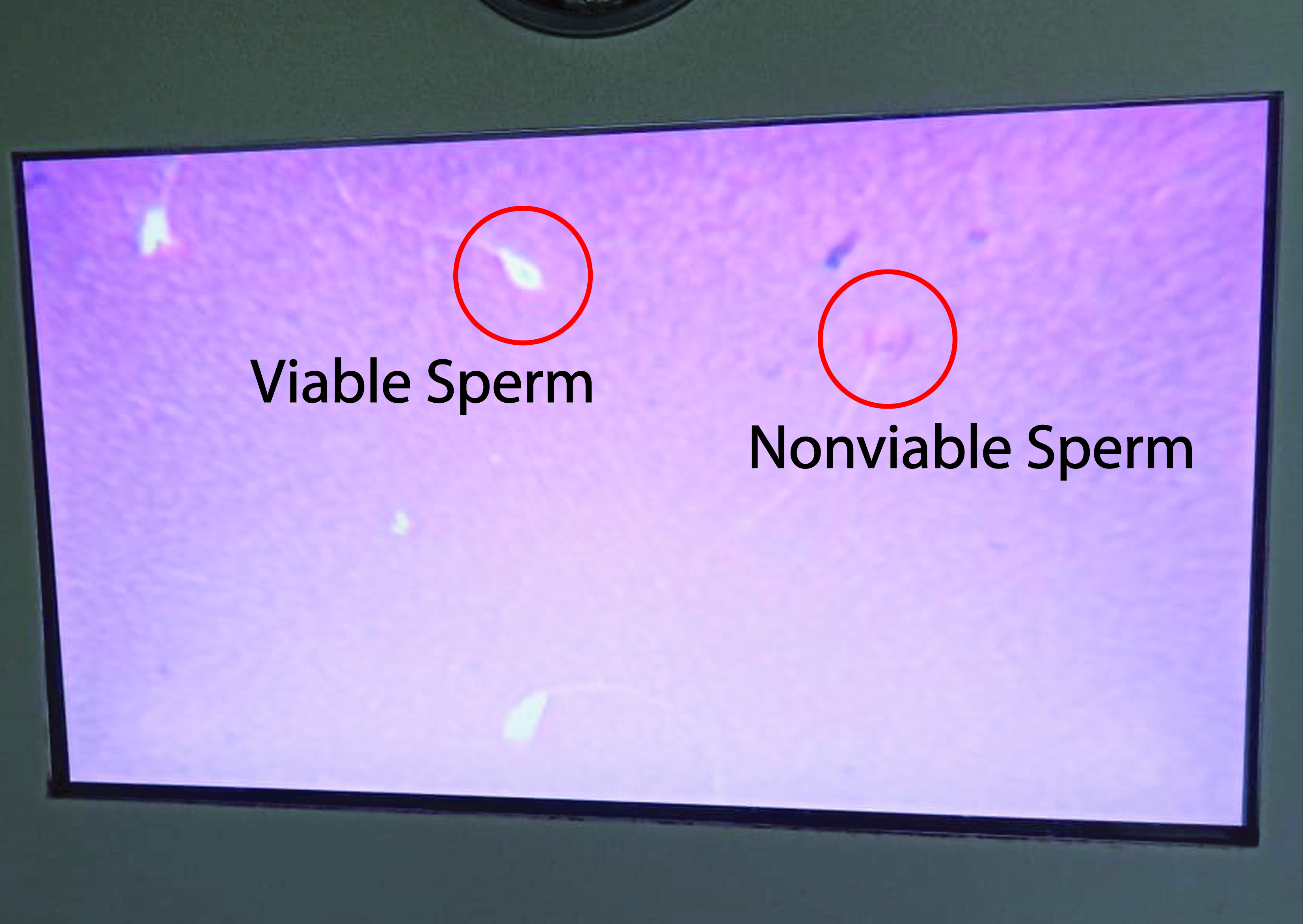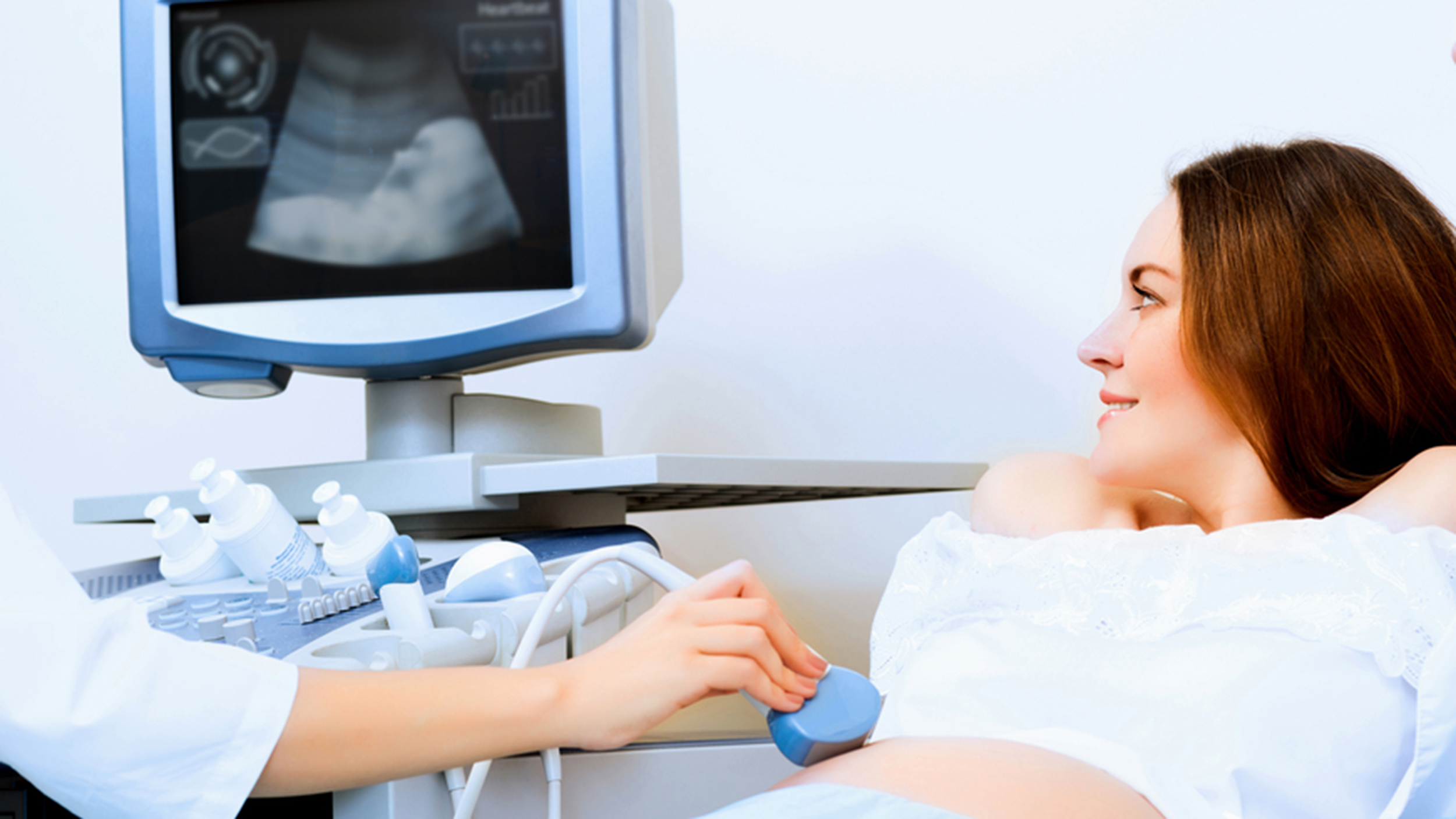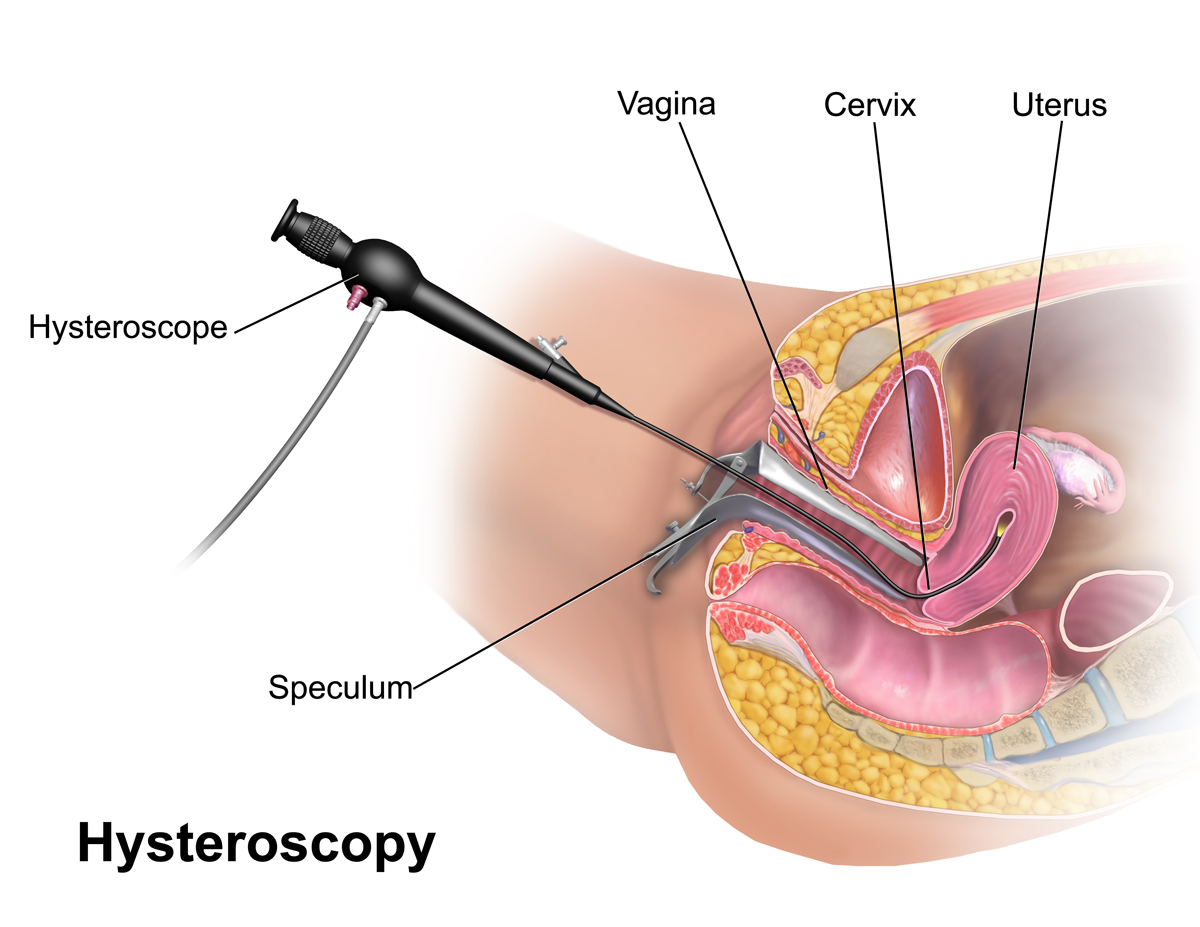The day of your IVF frozen embryo transfer (FET)
A frozen embryo transfer is a simple procedure and often doesn’t require pain relief, though medicated and partially medicated treatments are offered for your comfort. A doctor will conduct the frozen embryo transfer with a fine transfer catheter to place the thawed embryos past the cervix into your uterus.
You won’t be surprised to learn that the placemPregnancy Test after frozen embryo transferent of the embryos within the uterus is very specific, which is why this procedure is guided by an ultrasound. This use of the ultrasound also helps promote your comfort, as it gives the doctor additional visibility of the perfect placement for the catheter, which can reduce the possibility of it touching your cervix. If this does occur, fear not, you will only experience a mild cramping sensation.
Once the transfer is complete, you will be given around an hour to lie down on your back and relax, however, you may not need all of this time as it is not a largely invasive procedure. In total, the entire procedure and included rest time only takes place over the course of 2 to 4 hours.
Your fertility clinic will always offer you detailed instructions after appointments, with the goal of making you feel comfortable and confident that you are taking care of yourself during the days leading up to the post-embryo transfer pregnancy test.
Some doctors recommend 24-hour bed rest post-procedure, while other sources recommend relying on low impact movement to cause blood flow to the uterus with the hopes of increasing the chance of pregnancy.
There is no evidence that suggests a perfect post-procedure recommendation so do what feels best, whether your day entails napping or a short, light walk to relieve stress. There is, however, a consensus that it is not recommended to do high or even moderate levels of activity.
Most patients will take the rest of their day off to relax at home before resuming activity the next day. A further prescription of progesterone may be suggested to patients wishing for additional reassurance of a healthy pregnancy start






